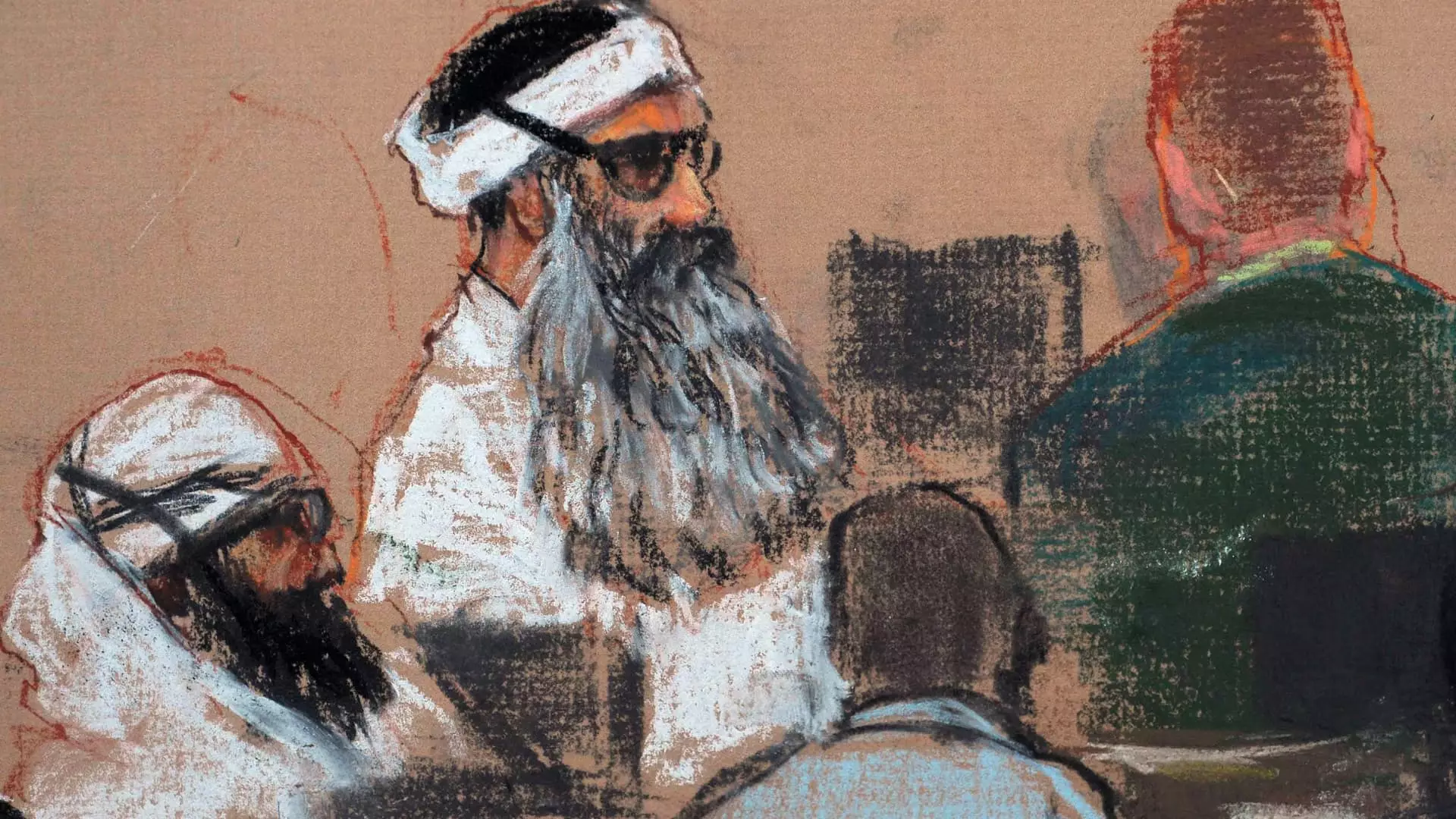Defense Secretary Lloyd Austin made a significant decision on Friday regarding the controversial plea deal for the three men accused of planning the 9/11 attacks. In a press release, the Defense Department announced that Secretary Austin had reserved for himself the authority to enter into pre-trial agreements with the accused in the 9/11 military commission cases. Additionally, he withdrew from the pre-trial agreements that were previously signed in those cases. This move was seen as a bold step taken by Secretary Austin to ensure that the responsibility for such a crucial decision rested with him.
In a memo addressed to Susan Escallier, who was the convening authority for military commissions and had worked on negotiating the deal, Secretary Austin expressed his decision to withdraw her authority in the case and reserve such authority for himself. This action effectively removed Escallier from the case and established Secretary Austin as the sole decision-maker in the matter. Secretary Austin justified his decision by emphasizing the significance of making a plea deal, especially in a case as sensitive as the 9/11 attacks.
The original plea deal involved Khalid Sheikh Mohammed, Walid Muhammad Salih Mubarak Bin ‘Attash, and Mustafa Ahmed Adam al Hawsawi reaching agreements to plead guilty to lesser charges in exchange for avoiding the death penalty. However, after Secretary Austin’s withdrawal of the plea deal, the terms of the revoked agreement remain unknown. It was reported that the deal had been negotiated by the accused men, their attorneys, and Escallier, but now the fate of these negotiations hangs in the balance.
The withdrawal of the plea deal by Secretary Austin was met with mixed reactions. Families of the victims of the 9/11 attacks and members of Congress criticized the deal, expressing concerns about the implications of allowing the accused to avoid the death penalty. The House Oversight Committee, led by Republican members, announced an investigation into the White House’s role in the plea deal, reflecting the widespread skepticism surrounding the issue. Additionally, former Attorney General Eric Holder condemned the deal, attributing it to the influence of political factors rather than justice.
Secretary Austin’s decision to withdraw the 9/11 plea deal has sparked controversy and raised questions about the handling of such critical legal matters. The impact of this move on the accused men, the victims’ families, and the broader justice system remains to be seen. It is evident that the repercussions of this decision will continue to unfold in the coming days and may have far-reaching consequences for all parties involved.


Leave a Reply